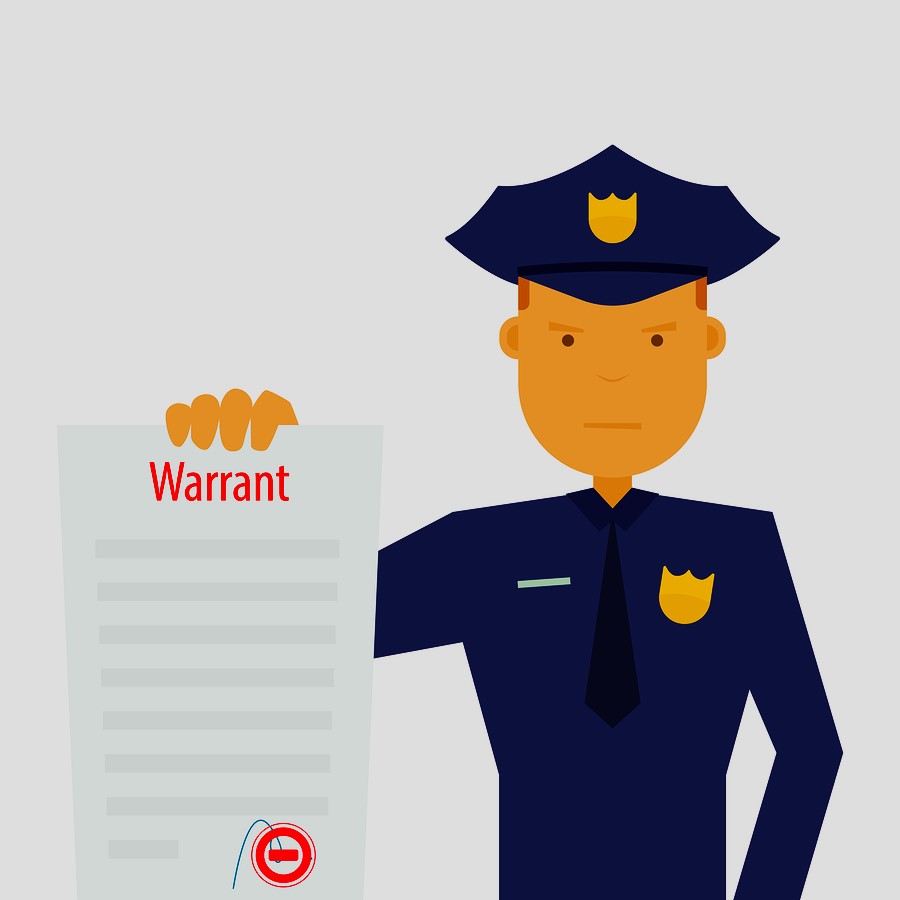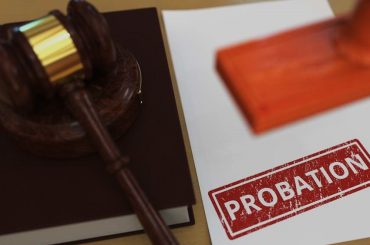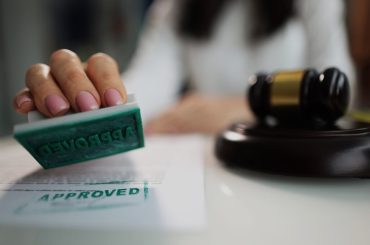In California, a person can indeed be arrested for an out-of-state misdemeanor bench warrant. When a bench warrant is issued, it is entered into an interstate computer network, making it accessible nationwide. This ensures that if an individual with an outstanding warrant is checked by law enforcement in another state, the warrant will be visible.
If someone is stopped by police in California and an out-of-state warrant is discovered during a background check, that individual can be detained. They will be held pending a decision from the state that issued the warrant regarding whether to extradite the individual back to face charges.
Extradition is the legal process through which a “fugitive from justice” is returned to the state where they allegedly committed a crime or failed to comply with judicial demands, such as appearing in court, paying fines, or obeying a court order. There are two types of extradition in California: extradition into California and extradition from California.
A bench warrant, generally issued when a person fails to comply with court orders, grants law enforcement the authority to arrest the individual named and bring them directly to court to address the matter.
Is a person in California likely to be arrested if they have a warrant from another state?
If a person in California is found to have a bench warrant from another state, law enforcement officers have the authority to arrest them. However, whether the individual will be held or released depends on the issuing state’s decision on extradition.
Should the state that issued the warrant decide not to request extradition, the individual arrested in California will subsequently be released from custody. This decision is pivotal in determining whether the person will be held or allowed to go free after the arrest.

What is extradition?
Extradition is the legal process by which a person suspected or convicted of a crime, and who has fled the jurisdiction of the criminal justice system, is returned from one state to another. This process involves three key terms:
- The person being extradited is referred to as a “fugitive from justice.”
- The state seeking the return of the individual is called the “home” or “demanding” state.
- The state to which the individual has fled is termed the “asylum state.”
What is extradition into California?
Extradition into California involves the process where California requests the return of a person who has:
- Committed a crime,
- Escaped from imprisonment, or
- Is wanted on a bench warrant,
and has fled the state. Before California can demand the extradition of this individual, the state must consider factors such as the severity of the alleged crime or violation and the costs associated with extraditing the person back to California. If the state determines that extradition is warranted, a series of procedural steps are then followed to facilitate the person’s return to California.
What is a bench warrant?
A “bench warrant,” also known sometimes as a “body attachment,” is the most common type of warrant issued by judges in California. These warrants originate from “the bench,” which refers to the judge issuing the order. Bench warrants are typically not related to suspected criminal activity, but rather are issued when an individual fails to comply with judicial requirements, such as failing to:
- Appear in court,
- Pay a fine,
- Obey a court order.
Once issued, a bench warrant gives law enforcement the authority to arrest the individual named and bring them directly to court to address the failure to comply with the court’s demands.

Can a bench warrant be dropped and what is the best way to recall one?
In California, courts generally do not automatically recall or drop a bench warrant. To have a bench warrant recalled or quashed, which means removing it from the judicial system, the person named in the warrant must actively seek its clearance. This process is often called “recalling” or “quashing” a bench warrant.
To recall a bench warrant, the person must typically appear in court. However, in cases where the warrant was issued due to a failure to appear for a court date or a failure to make a payment for a misdemeanor offense, an attorney can appear in court on behalf of the person.
If the bench warrant is related to a failure to obey a court order stemming from a felony case, the individual must appear in person in court, whether they have an attorney or not.
The process of quashing a bench warrant may involve presenting arguments such as not receiving a notice to appear, having complied with all court order conditions, being unaware of a case filing, or a mistake in identity.




